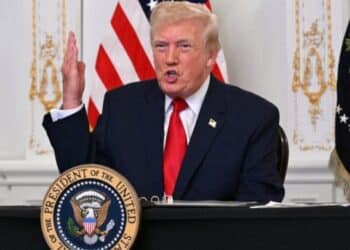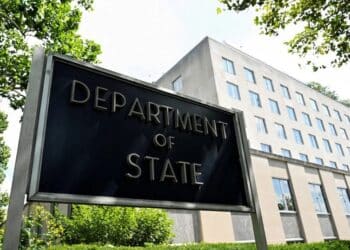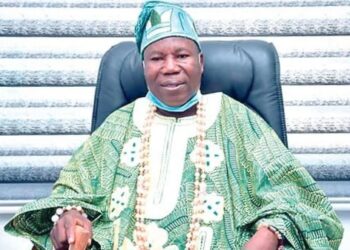President Volodymyr Zelensky of Ukraine, during a closed-door meeting on Wednesday, rejected the Trump administration’s offer to relinquish half of the country’s mineral resources in exchange for U.S. support, according to people with knowledge of the talks.
According to two European officials, the unusual deal would have granted the United States a 50 percent interest in Ukraine’s mineral resources, including graphite, lithium, and uranium. However, it was unclear whether this was meant as compensation only for past American support for Kyiv’s war effort against Russian invaders or if it would also come in exchange for future military and financial assistance.
On Sunday, the U.S. national security adviser, Mike Waltz, indicated it was at least partly for past support. “The American people deserve to be recouped, deserve to have some kind of payback for the billions they have invested in this war,” he was quoted as saying. “I think that Zelensky would be very wise to enter into this agreement with the United States.”
A Ukrainian official and an energy expert briefed on the proposal said that the Trump administration sought not only Ukraine’s minerals but also additional natural resources, including oil and gas. The proposal, they said, would entitle the United States to half of Ukraine’s resource earnings—funds that are today mostly invested in the country’s military and defense production.
Mr. Zelensky, who has shown openness to leveraging Ukraine’s mineral resources in negotiations with allies, said he rejected the deal because it did not tie resource access to U.S. security guarantees for Kyiv in its fight against Russia.
Negotiations continue, according to a second Ukrainian official, who, like the others, spoke anonymously given the talks’ sensitivity. However, the expansiveness of the proposal and the tense negotiations around it demonstrate the widening chasm between Kyiv and Washington over continued U.S. support and a potential end to the war.
The request for half of Ukraine’s minerals was made on Wednesday, when the U.S. Treasury secretary, Scott Bessent, met with Mr. Zelensky in Kyiv. This was the first visit by a Trump administration official to Ukraine. The Treasury Department declined to comment on any negotiation.
According to the second Ukrainian official, after seeing the proposal, the Ukrainians decided to review the details and provide a counterproposal when Mr. Zelensky visited the Munich Security Conference on Friday and met with Vice President JD Vance.
It is not clear if a counterproposal was presented. However, Mr. Zelensky, speaking to reporters in Munich on Saturday, acknowledged he had rejected a proposal from the Trump administration. He did not specify the deal’s terms, and it did not include security guarantees.
“I don’t see this connection in the document,” he said. “In my opinion, it’s not ready to protect us, our interests.”
A security guarantee is key, because Ukrainians believe the United States and Britain have failed to live up to their obligations to protect the country under an agreement signed at the end of the Cold War, when Ukraine gave up the Russian nuclear weapons on its territory.
European diplomats had another objection. They complained that the offer reeked of colonialism, an era when Western countries exploited smaller or weaker nations for commodities.










